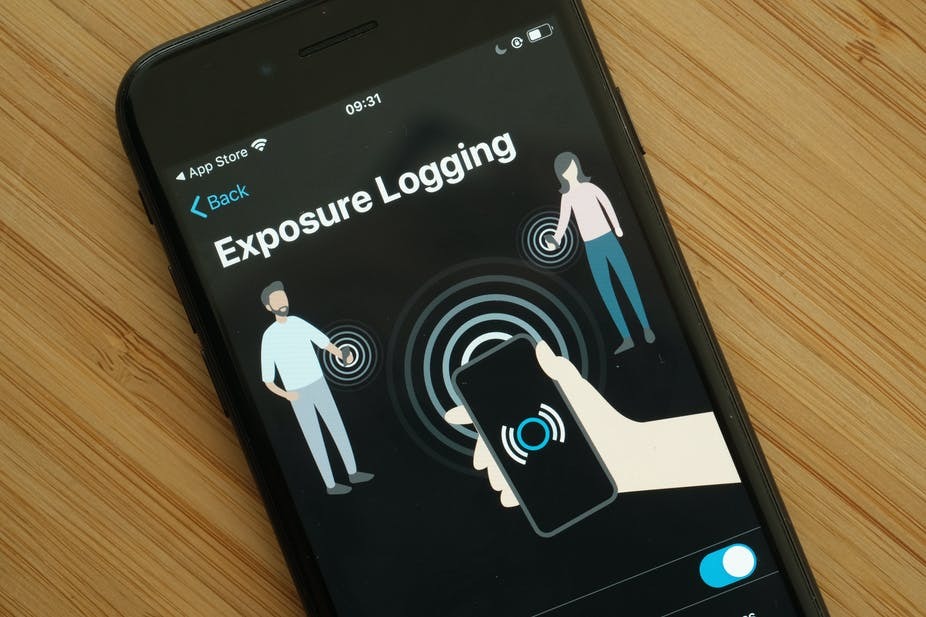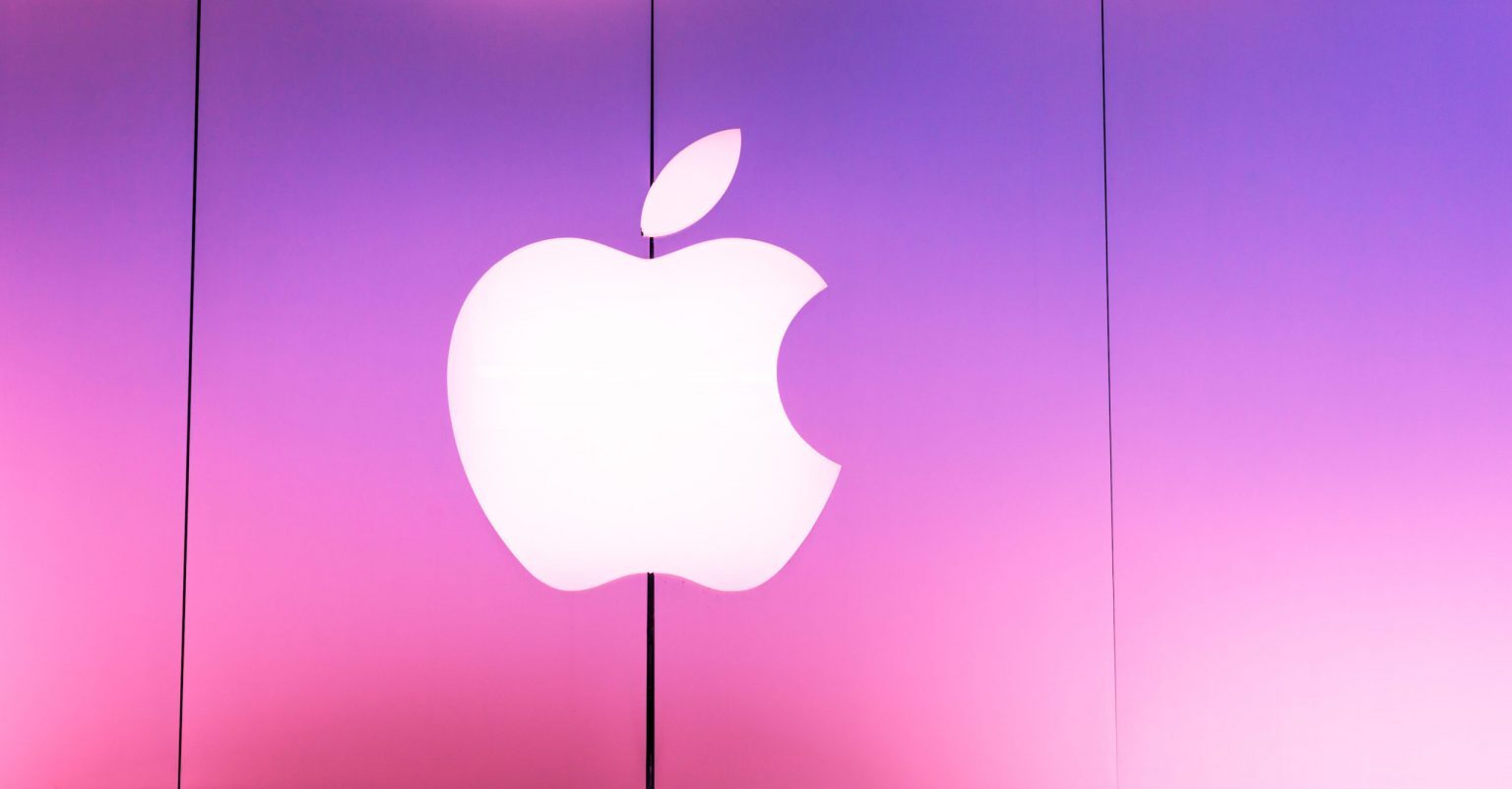As you drive down the road leading to Jodrell Bank Observatory, a sign asks visitors to turn off their mobile phones, stating that the Lovell telescope is so powerful it could detect a phone signal on Mars. Radio telescopes are designed to be incredibly sensitive. To quote the legendary astronomer Carl Sagan, “The total amount of energy from outside the solar system ever received by all the radio telescopes on the planet Earth is less than the energy of a single snowflake striking the ground.” The total energy now is probably a few snowflakes’ worth, but nevertheless it is still…
Author: The Conversation
About a year ago I began to follow my interest in health and fitness on Instagram. Soon I began to see more and more fitness-related accounts, groups, posts and ads. I kept clicking and following, and eventually my Instagram became all about fit people, fitness and motivational material, and advertisements. Does this sound familiar? While the algorithms and my brain kept me scrolling on the endless feeds, I was reminded of what digital marketers like to say: “Money is in the list.” That is, the more customized your group, people and page follows, the less time and money is needed…
The most effective way to stop the spread of a virus is to prevent contact with everyone who is infected. Those who are infected can be isolated and treated if necessary. To determine who they are, it’s necessary to actively look for and manage cases, using track and trace technology. During the COVID-19 pandemic, emerging technologies are being repurposed to help trace whoever has been in contact with an infected person. Some of these technologies, such as the Global Positioning System (GPS), wi-fi and Bluetooth, are not new. GPS has been used to find accident victims at precise geographic locations. Some…
Every day, Americans travel on roads, bridges and highways without considering the safety or reliability of these structures. Yet much of the transportation infrastructure in the U.S. is outdated, deteriorating and badly in need of repair. Of the 614,387 bridges in the U.S., for example, 39% are older than their designed lifetimes, while nearly 10% are structurally deficient, meaning they could begin to break down faster or, worse, be vulnerable to catastrophic failure. The cost to repair and improve nationwide transportation infrastructure ranges from nearly US$190 billion to almost $1 trillion. Repairing U.S. infrastructure costs individual households, on average, about $3,400 every year. Traffic congestion alone…
As new social restrictions are imposed to combat the spread of COVID-19, it will be no surprise if people once again turn to their television screens for entertainment and companionship. In the UK, as the days turn darker and colder, popular shows including The Great British Bake Off and Strictly Come Dancing have made welcome returns, providing comfort and familiarity. But along with the old favourites, our research shows how winter TV watching may be different this year. In May, we interviewed people about how COVID-19 was affecting their television watching. What we found helps to explain why TV viewing surged during lockdown and…
Lasers were created 60 years ago this year, when three different laser devices were unveiled by independent laboratories in the United States. A few years later, one of these inventors called the unusual light sources “a solution seeking a problem”. Today, the laser has been applied to countless problems in science, medicine and everyday technologies, with a market of more than US$11 billion per year. A crucial difference between lasers and traditional sources of light is the “temporal coherence” of the light beam, or just coherence. The coherence of a beam can be measured by a number C, which takes into account the fact light…
If the coronavirus pandemic has shown us anything, it’s just how much people depend on a few large technology companies. The use of mobile apps and web services has increased significantly in recent years, as people adapted to new ways to stay in touch. At the same time though, antitrust regulators in the US and Europe have been taking a much closer look as part of a growing desire to investigate the dominance of some large players in the technology market. One of the issues is the amount of control that platform operators have over significant parts of the economy, and their ability to act as “gatekeepers” to…
Imagine that you upload a photograph of yourself on holiday to your favourite social media platform. You are dressed in a swimsuit and you are smiling at the camera. Now imagine later coming across this image while scrolling through your newsfeed. You recognise your face and the background and it looks like your photo, but in this image, you are completely naked. There are some inconsistencies – you do not recognise the body in the image – but it is convincing nonetheless. This might sound like a scene from a Black Mirror episode but is in fact a real possibility…
Hashtags are a pervasive feature of social media posts and used widely in search engines. Anything with the intent of attracting a wide audience usually comes with a memorable hashtag — #MeToo, #FreeHongKong, #LoveWins, #BlackLivesMatter, #COVID19 and #SupremeCourt are just some examples. First conceived in 2007 by blogger and open source advocate Chris Messina on Twitter, hashtags are now also escaping from social media contexts and appearing regularly in advertising and protest signs, and even in spoken language. But are hashtags words? If there is one thing linguists ought to know, it’s words. But when it comes to hashtags, the definition is not straightforward. In…
There has been increasing interest in using health “big data” for artificial intelligence (AI) research. As such, it is important to understand which uses of health data are supported by the public and which are not. Previous studies have shown that members of the public see health data as an asset that should be used for research provided there is a public benefit and concerns about privacy, commercial motives and other risks are addressed. However, this general support may not extend to health AI research because of concerns about the potential for AI-related job losses and other negative impacts. Our research team conducted six…










